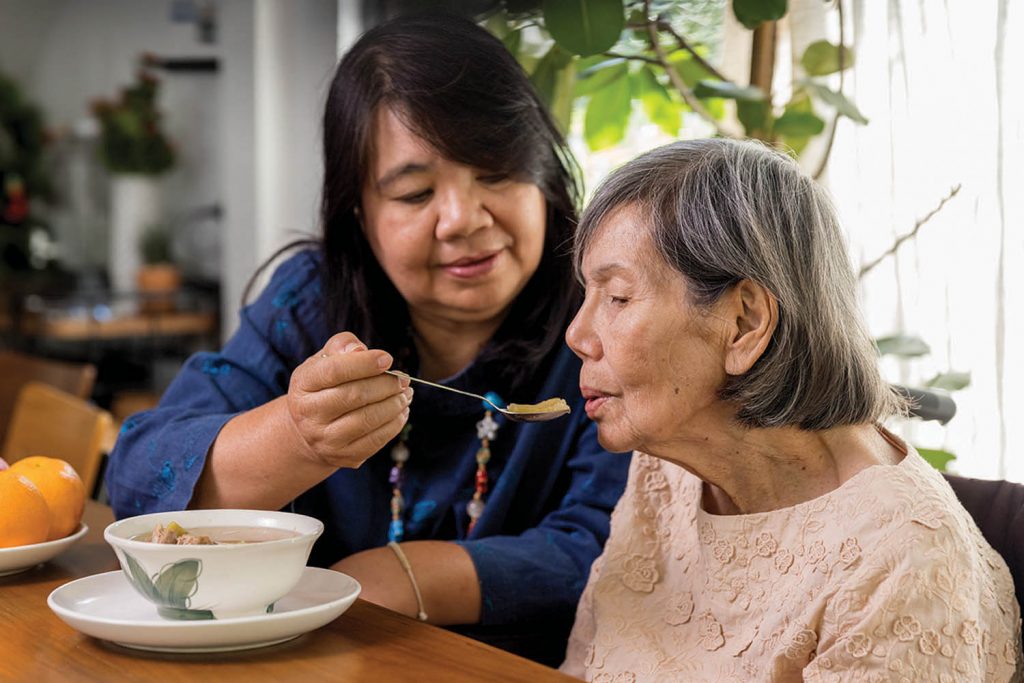Advertisement
What’s Your Caregiver Personality?
We all care in different ways

It shouldn’t be a surprise that your personality traits influence how you provide care for someone. Depending on the reason for providing care (physical health, mental health, dementia), different care styles might influence your risk of compassion fatigue or burnout.
Advertisement
Inflexible caregiver
If you see the world in black and white, you are likely to experience frustrations as a caregiver. Instead of accepting imperfection, the inflexible caregiver feels compelled to do things “properly” and maintain exceptionally high standards. Particularly if dealing with the unpredictability of dementia, the inflexible caregiver may need to learn how to bend.
Advertisement
The micromanager
If the receptionist at the doctor’s office recognizes your voice when you call, it may be a clue that you’re a micromanager. You also may be a micromanager if you avoid delegating or if you look over the shoulders of other caregivers when they offer support.
Although charts can be helpful for organizing tasks, if you focus on chart and list-making, you might be a micromanager. Be sure that keeping yourself busy is not being used to distract yourself from dealing with anger, anxiety, depression, or guilt associated with caregiving. Learn to delegate and find some healthy diversions.
Advertisement
The martyr
Obviously, being a caregiver requires a certain amount of personal sacrifice. Caregivers often give up personal time, space, resources, and emotional energy as they provide care for another person. A martyr exhibits extreme self-sacrifice, however, and may consider “caregiver” to be part of his or her lifelong identity.
As a result, a martyr tends to reject all suggestions and offers of assistance from others. In this situation, the well-being of the martyr is at risk, and other potential caregivers are denied the opportunity to offer support.
Advertisement
The “whatever makes them happy” caregiver
Just as caregivers have different personalities, so do the people who are receiving the care. People who were demanding when they were healthy are likely to be equally or more so when they require care.
Caregivers who try to jump through hoops for someone who will never be happy (or grateful) are setting themselves up for failure—and likely burnout. While it might be difficult to do so, it’s best for your own well-being to accept that you won’t receive positive feedback from someone who has never shared it with you.
The 40/70 rule
When it comes to planning to provide care for a parent or older family member, experts suggest that we have important conversations before a crisis occurs.
By the time you approach age 40 and your loved one is about age 70, you should have discussed issues including health, driving, financial choices, and end-of-life goals. Although conversations are potentially awkward, both parties will feel more prepared when the time comes.
To learn more, read “Caring For The Carer” by Lisa Petty in the May 2021 issue of alive Magazine.





